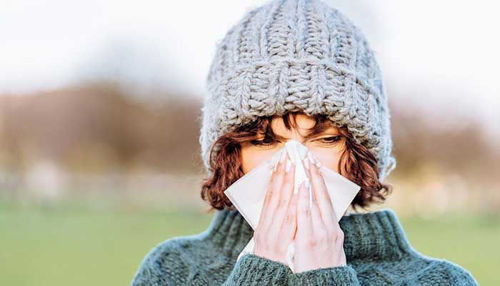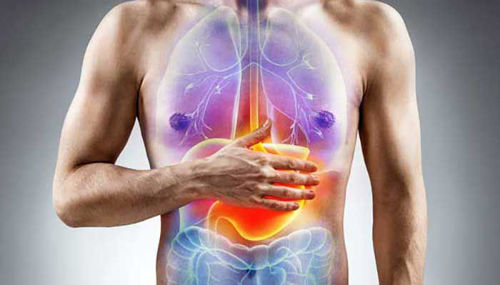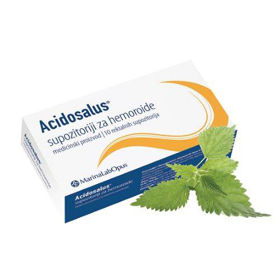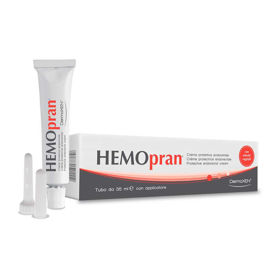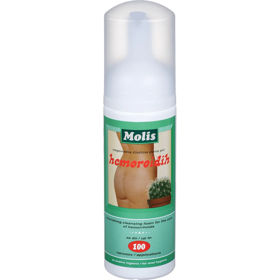Hemorrhoids are often the result of straining during bowel movements. External hemorrhoids usually do not require special treatment unless they develop a clot and become painful.
Most cases of external hemorrhoids will go away on their own within a few days. Those that persist, however, can cause discomfort, itching, and pain. Hemorrhoids are usually caused by increased pressure in the veins due to pregnancy, being overweight, or straining during bowel movements. By age 50, about half of the population has experienced one or more of the classic symptoms, including rectal pain, itching, bleeding, or prolapse.
Although hemorrhoids are rarely dangerous, they can be recurrent and painful. Fortunately, there's a lot we can do about hemorrhoids. External hemorrhoids differ from other types of hemorrhoids primarily because of their location. For example, internal hemorrhoids are inside the rectum. They are usually painless but may bleed.
What causes external hemorrhoids?
- lifting heavy objects or weights
- low fiber diet
- obesity
- prolonged standing or sitting
- pregnancy
- ascites: accumulation of fluid that puts additional pressure on the stomach and intestines
Can we prevent the appearance of hemorrhoids?
The critical way to prevent external hemorrhoids is to avoid constipation and the development of complex, dry stools that are difficult to pass.
Other tips for preventing external hemorrhoids include:
- increasing the amount of dietary fiber in the diet by eating lots of fresh fruit, vegetables, whole grain bread, and cereals
- drinking a sufficient amount of water
- regular physical activity; this stimulates natural bowel movement
- Exiting as soon as possible when necessary
- minimum sitting time on the toilet
People with recurring problems with constipation and hemorrhoids should talk to their doctor about treatment options.
Can external hemorrhoids be dangerous?
External hemorrhoids are rarely a cause for alarm. However, anyone who experiences regular rectal bleeding should avoid assuming it is due to hemorrhoids. Rectal bleeding can indicate other problems, including colorectal or anal cancer.
A person should discuss regular rectal bleeding and other symptoms with their doctor.
Who is at risk for hemorrhoids?
- Genetics: a family history of hemorrhoids puts you at greater risk of developing them. Doctors often ask if your family members have hemorrhoids to determine a genetic predisposition.
- Aging: the risk of developing hemorrhoids increases with age. While children and young adults can also experience hemorrhoids, they most commonly occur in adults aged 45-65.
- Obesity: being overweight can contribute to the risk of developing hemorrhoids, as it can put extra strain on the body and contribute to a more sedentary lifestyle.
- Nutrition: A poor diet that does not contain sufficient fiber often causes constipation and straining during bowel movements.
- Pregnancy: the weight of carrying a baby during pregnancy can increase pressure on the pelvic area. Fortunately, hemorrhoids caused by pregnancy often resolve completely after childbirth.





